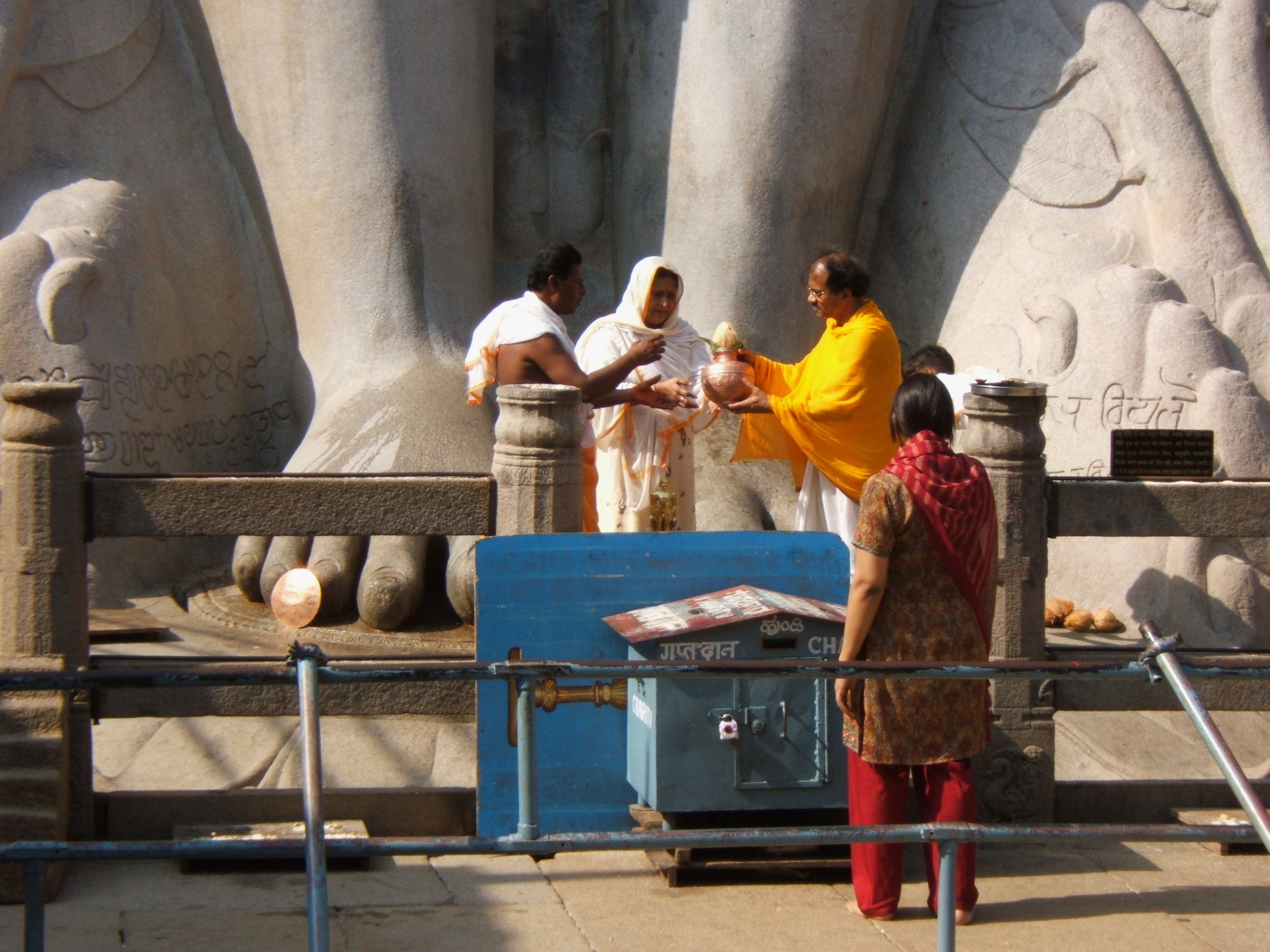|
PuruŇüńĀrthasiddhyupńĀya
PuruŇüńĀrthasiddhyupńĀya (Purushartha Siddhyupaya) is a major Jain text authored by Acharya Amritchandra. Acharya Amritchandra was a Digambara Acharya who lived in the tenth century (Vikram Samvat). ''PuruŇüńĀrthasiddhyupńĀya'' deals with the conduct of householder ('' sravak'') in detail. Another major Jain text that deals with householder's conduct is Ratnakaranda ŇõrńĀvakńĀcńĀra. ''PuruŇüńĀrthasiddhyupńĀya'' also deals extensively with the Jain concept of ahiŠĻÉsńĀ. Content Like all Jain texts first ''sloka'' (aphorism) of ''PuruŇüńĀrthasiddhyupńĀya'' is an invocation: Ahimsa PuruŇüńĀrthasiddhyupńĀya deals extensively with the Jaina concept of ahimsa (non-injury) particularly in reference to its observance as a minor vow (''anuvrata'') by the ''ŇörńĀvaka''. In "Verse 43" deliberate himsa (injury) is defined as ‚Äúacting under the influence of passions, an injury caused to physical or psychical vitalities‚ÄĚ (verse 43). Acharya Amritchandra then elaborates on the observan ... [...More Info...] [...Related Items...] OR: [Wikipedia] [Google] [Baidu] |
Ahimsa In Jainism
''AhimsńĀ'' (', alternatively spelled 'ahinsńĀ', Sanskrit: ŗ§Öŗ§Ļŗ§Ņŗ§āŗ§łŗ§ĺ IAST: ', PńĀli: ') in Jainism is a fundamental principle forming the cornerstone of its ethics and doctrine. The term ''ahinsa'' means nonviolence, non-injury and absence of desire to harm any life forms. Vegetarianism and other nonviolent practices and rituals of Jains flow from the principle of ahimsa. There are five specific transgressions of Ahinsa principle in Jain scriptures - Binding of animals, beating, mutilating limbs, overloading, withholding food and drink. Any other interpretation is subject to individual choices and not authorized by scriptures. The Jain concept of ''ahimsa'' is very different from the concept of nonviolence found in other philosophies. Violence is usually associated with causing harm to others. But according to the Jain philosophy, violence refers primarily to injuring one's own self ‚Äď behaviour which inhibits the soul's own ability to attain ''moksha'' (liberatio ... [...More Info...] [...Related Items...] OR: [Wikipedia] [Google] [Baidu] |
ŇörńĀvaka (Jainism)
In Jainism, the word ŇörńĀvaka or SńĀvaga (from Jain Prakrit) is used to refer the Jain laity (householder). The word ''ŇõrńĀvaka'' has its roots in the word ''ŇõrńĀvana'', i.e. the one who listens (the discourses of the saints). The ''tirthankara'' restores or organises the ''sangha'', a fourfold order of ''muni'' (male monastics), ''aryika'' (female monastics), '' ŇõrńĀvaka''s (male followers) and ''ŇõrńĀvikńĀ''s (female followers). In Jainism, there are two kinds of votaries: *The householder (one with minor vows) *The homeless ascetic (one with major vows) According to the Jain text ''PuruŇüńĀrthasiddhyupńĀya'': Ratnakaranda ŇõrńĀvakńĀcńĀra, a major Jain text, discusses the conduct of a ŇörńĀvaka in detail. Six essentials In Jainism, six essential duties (''avashyakas'') are prescribed for a ''ŇõrńĀvaka''. These help the laity in achieving the principle of ahimsa which is necessary for his/her spiritual upliftment. The six duties are: #Worship of Pa√Īca-ParameŠĻ£ŠĻ≠hi ... [...More Info...] [...Related Items...] OR: [Wikipedia] [Google] [Baidu] |

